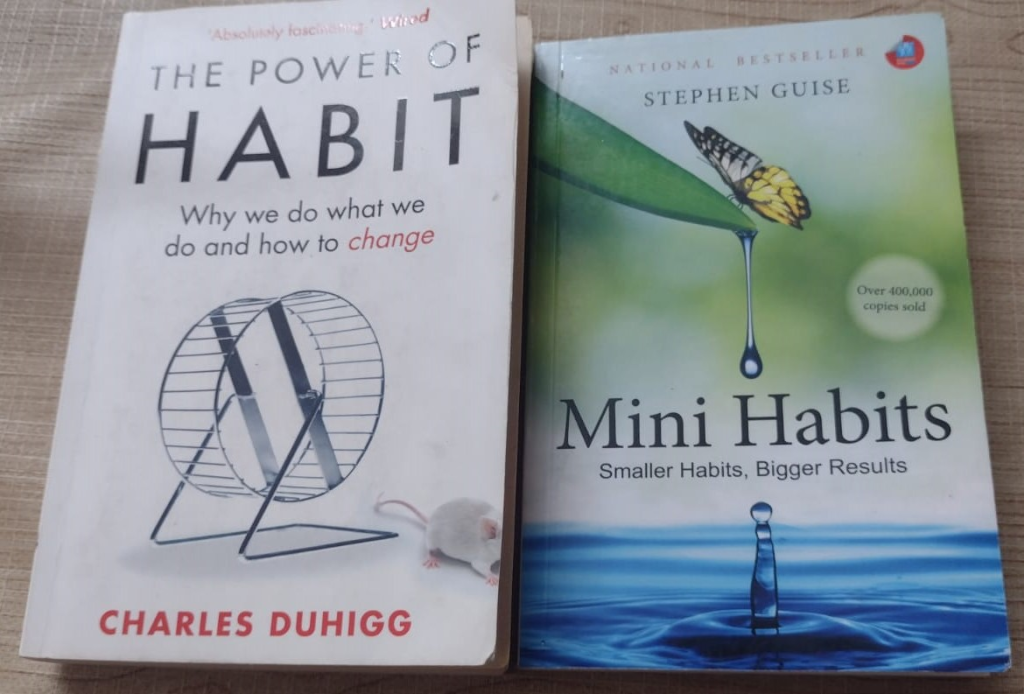
Book Review 2024.06: The Power of Habit -Why we do what we do and how to change, 286 pages, Paperback, 2012
I read the self-help book ‘Mini Habits- Smaller Habits, Bigger Results’ written by Stephen Guise, 155 pages, 2020 publication followed in quick succession by this book written by Charles Duhigg. Not being a fan of self-help books, this was my first attempt at understanding the difference between a self-help book and a more nuances one that goes much deeper into the concept and live examples to helps us understand the topics better, which in this case is habits. For the first time, I was able to see the merit of why both these books genre become best sellers and have large markets, as they cater to different audience segments; the one interested in quick results through easy- to-follow steps and the other, for want of better expression, lasting results based on personalisation requiring significant efforts by the reader.
True to its genre, the self-help book is short, easy to read, and with personal examples from the author’s life, containing defined steps to practice that can show immediate results. The Mini Habits book builds on the idea of making small incremental changes, changes so small that it calls it ‘stupidly small’ by giving the example of doing one push-up daily to ignite the habit of fitness. The idea leverages the concept of willpower to do stupidly small habits as opposed to motivation that is required to bring in bigger chunks of change.
The author builds on the idea that motivation is not consistent and predictable, the two criteria required to build sustainable habits as compared to willpower to do small things that is more under our control. The author also explains with his own example that the mini-habit of one-push-up a day target, or writing a minimum of 50 words a day or reading two pages a day is only the minimum, and once you start, on most occasions you land up doing more thereby letting the mini-habits grow into more meaningful ones.
In direct contrast to the self-help book, Charles Duhigg in ‘The Power of Habit’ shares profound and lasting changes that are striking and have made the headlines across the world press and global media by capturing 180o changes that are too vivid to forget. Organized in three parts the book covers how habits are formed and change in individuals, corporate businesses and in societies. The author leverages philosophical writings, scientific research and studies of social patterns to analyze and identify the process of habit formation and how habits can be changed.
The sequence of cue, routine and reward identified as the key to habit formation is illustrated through multiple research and meta studies and the key to changing habits by retaining the cue and rewards while only changing the routine is demonstrated with telling examples. In the corporate world, success achieved by legendary CEOs by identifying the keystone habit of the company to effect small but lasting changes that catalyze corporate transformations is too compelling to ignore. Likewise, changing social habits by identifying the factors that create and sustain social movements is illustrated among other by the US Civil Rights movement of 1960s.
I believe this book, ‘The Power of Habit’ can work as an effective nudge for the individual and the corporate leader to introspect on habits/ corporate culture they want changed and create the desire to act on it. The link between the two books I found was in the value of small incremental steps in creating sustainable habit changes and the use of will power to make lasting changes as opposed to depending solely on motivation which varies from day to day.
Happy reading as you plot to become a better you.

Social Profiles